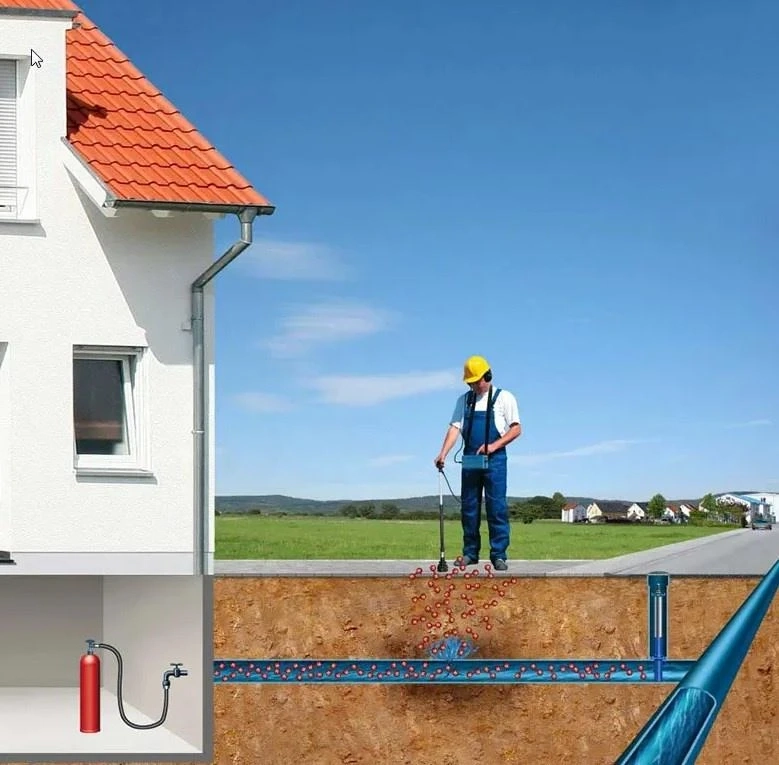Water leaks can be a homeowner's worst nightmare, leading to extensive damage, increased utility bills, and potential health hazards due to mold growth. Early detection and precise location of leaks are crucial for preventing these issues. This blog will explore advanced techniques for water leak detection, known in Italian as "rilevamento perdite acqua," ensuring you stay ahead of any potential water-related problems.
The Importance of Early Leak Detection
Early detection of water leaks is vital for several reasons:
Preventing Damage: Undetected leaks can cause structural damage to your home, weakening foundations and walls.Cost Savings: Fixing leaks early can save on repair costs and reduce water bills.Health Safety: Preventing mold and mildew growth, which can lead to respiratory issues and other health problems.Traditional Methods vs. Advanced Techniques
Traditional leak detection methods often involve visual inspections and manual checks, which can be time-consuming and sometimes ineffective. Advanced techniques, however, utilize modern technology to provide more accurate and efficient results.
Advanced Water Leak Detection Techniques
Acoustic Leak Detection
Acoustic leak detection uses specialized listening devices to detect the sound of water escaping from pipes. These devices amplify the sound of leaks, allowing technicians to pinpoint the exact location of the problem. This method is particularly effective for underground or concealed leaks.
Pros:
Non-invasiveHigh accuracyCons:
Requires skilled techniciansCan be affected by background noiseInfrared Thermography
Infrared thermography uses thermal imaging cameras to detect temperature variations caused by water leaks. Leaking water often causes cooler or warmer areas compared to the surrounding environment, which can be easily identified using thermal imaging.
Pros:
Non-invasiveCan detect leaks behind walls and under floorsCons:
Expensive equipmentRequires interpretation by trained professionalsUltrasonic Leak Detection
Ultrasonic leak detection involves using high-frequency sound waves to detect leaks. This method is effective for finding leaks in pressurized systems and can be used on various pipe materials.
Pros:
High precisionSuitable for different types of pipesCons:
ExpensiveRequires skilled techniciansMoisture Meters
Moisture meters measure the moisture content in building materials. High moisture levels can indicate a leak. These meters come in various types, including pin-type, pinless, and all-in-one models.
Pros:
Easy to useImmediate resultsCons:
Limited to surface detectionMay require multiple measurements for accuracyGas Tracer Systems
Gas tracer systems involve injecting a harmless gas, such as hydrogen or helium, into the water system. The gas escapes through the leak and rises to the surface, where it can be detected with specialized sensors.
Pros:
Highly accurateSuitable for underground leaksCons:
InvasiveRequires professional handlingChoosing the Right Method
Selecting the appropriate leak detection method depends on various factors, including the location of the leak, the type of piping, and the available budget. In many cases, a combination of methods may provide the best results.
Conclusion
Advanced water leak detection techniques offer significant advantages over traditional methods, providing more accurate, efficient, and non-invasive solutions. By understanding and utilizing these advanced techniques, homeowners can prevent extensive damage, save on repair costs, and ensure a healthy living environment.
If you suspect a water leak in your home, consider consulting a professional equipped with advanced leak detection tools. Early detection is key to protecting your home and maintaining peace of mind.



